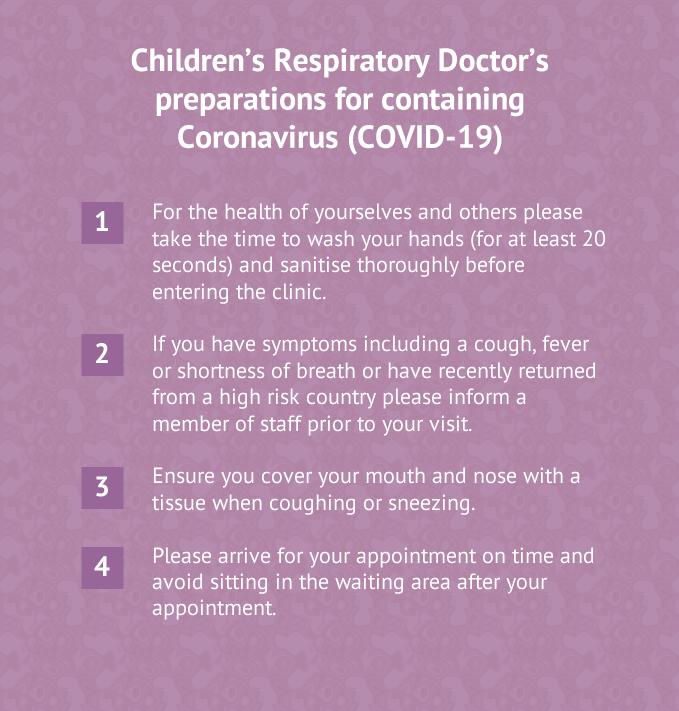Chest infections such as bronchitis in babies and children aren’t usually serious, but it’s important to be aware if your child is at higher risk of complications. You can also take steps to reduce the chances of catching or spreading an infection.

Who is at Higher Risk?
All babies and young children are at higher risk of complications then adults if they develop a chest infection. However, some children are even more likely to develop chest infections and to experience worse symptoms when they do. Although the chances of serious complications are still low, your child is at higher risk if they:
- Were born prematurely, especially if they were very early or experienced problems with their lungs
- Have an underlying health problem, particularly if it affects their heart or lungs
- Have an immune deficiency (a weakened immune system) for any reason
- Often seem to catch chest infections, even if you’re not sure why
If your child fits into one of these higher risk groups, then it is even more important to be aware of the signs of chest infections and to do what you can to prevent them.
What Can You Do to Prevent Infections such as Bronchiolitis in Babies?
It’s impossible to stop every cough or cold, and getting a mild infection every now and then can actually be important for your baby’s developing immune system. However, that doesn’t mean that you should make it easy for germs to spread, especially if your child is at higher risk from chest infections.
- Try to keep your baby away from people with coughs and infections as much as possible, especially in the first few months after birth. You can’t always control this, especially once your child starts nursery or playgroup, but you can ensure no one comes to visit your newborn with a cold or flu.
- Wash hands often with soap and warm water. You should wash your own hands and your child’s, especially before preparing food or eating.
- Clean toys and surfaces regularly too, especially if someone in the house has an infection. The germs that cause conditions such as bronchiolitis can live outside the body for up to six hours and then spread to someone else.
- Use tissues to blow your own or your child’s nose, then throw them away and wash your hands immediately. Catching coughs and sneezes can also stop infections spreading, but babies and young children can’t usually manage this!
- Get the flu shot for yourself, your baby and anyone else in the family who needs it. Although the vaccine can’t prevent every infection, it can reduce the chances of catching the main strain that’s circulating each year. Since serious chest infections like bronchitis and pneumonia often develop after the flu, getting the vaccine can also reduce the risk of catching these.
- Ask your doctor about recurring chest infections, bronchiolitis or bronchitis in babies. The doctor will be able to check for any underlying issues, provide extra advice on care and prevention, and may suggest treatments such as antibody injections to protect against RSV during the winter months.



